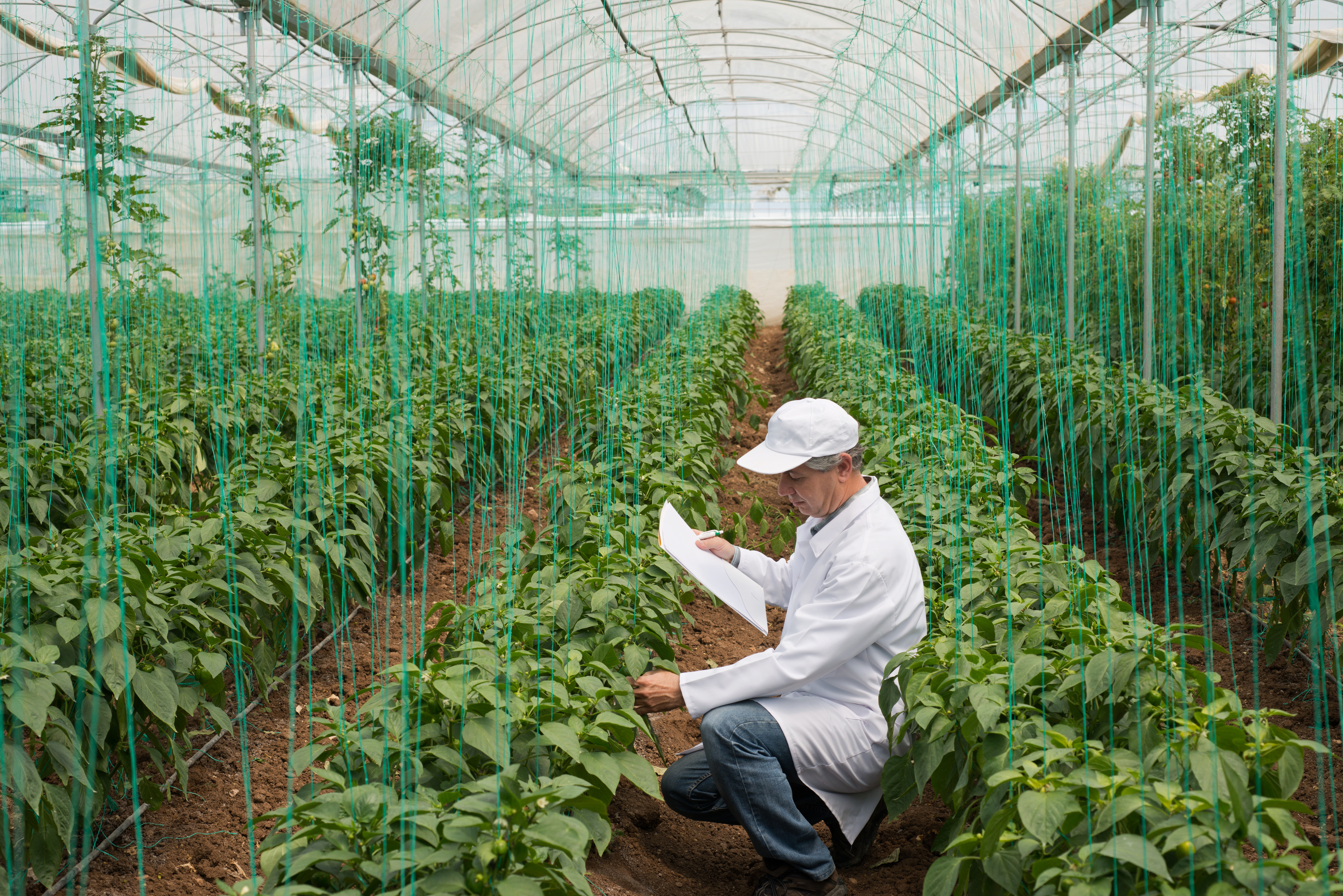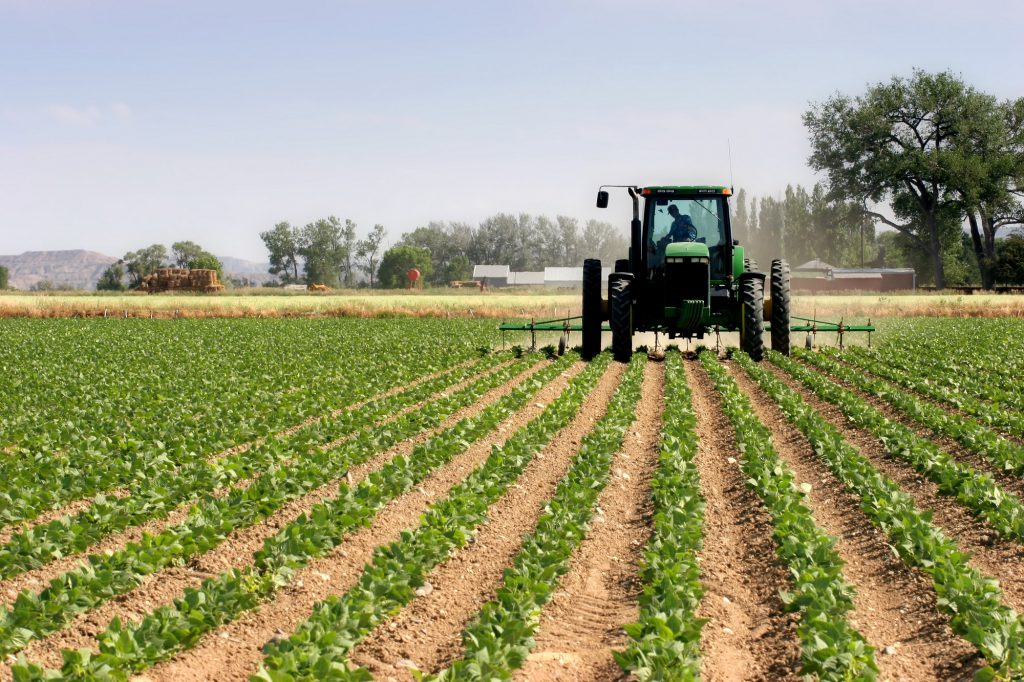About Lean Six Sigma Institute
At Lean Six Sigma Institute, we’re committed to helping organizations across diverse industries achieve operational excellence. Our tailored Lean Six Sigma programs bring the renowned principles of process improvement and waste reduction to the agricultural sector.

Benefits
Efficiency Optimization
Implement Lean Six Sigma principles to streamline your agricultural services, reduce process variability, and enhance overall efficiency. This leads to quicker task completion and resource optimization.
Faster Time to Market
In agriculture, time is of the essence. Lean Six Sigma enables faster production and harvest cycles, getting products to market more quickly.
Enhanced Crop Yields
By identifying and addressing the root causes of production issues, Lean Six Sigma can help increase crop yields and improve the overall output of an agriculture organization.
Reduced Errors and Defects
The methodology’s focus on reducing defects and errors can lead to fewer issues in planting, harvesting, and processing, resulting in higher-quality produce.
Long-Term Sustainability
Lean Six Sigma promotes a culture of continuous improvement, ensuring that an agriculture organization remains competitive and sustainable over the long term.
Increased Profitability
By reducing costs, improving efficiency, and delivering higher-quality services, Lean Six Sigma ultimately boosts your organization’s profitability. This translates into a healthier bottom line and more opportunities for growth.








